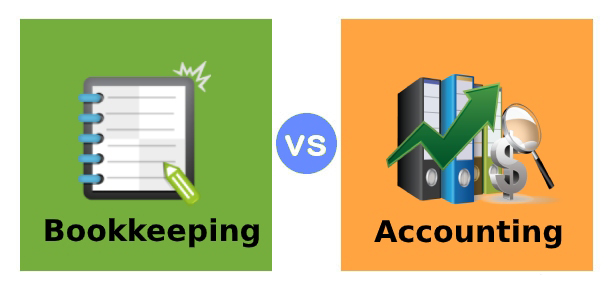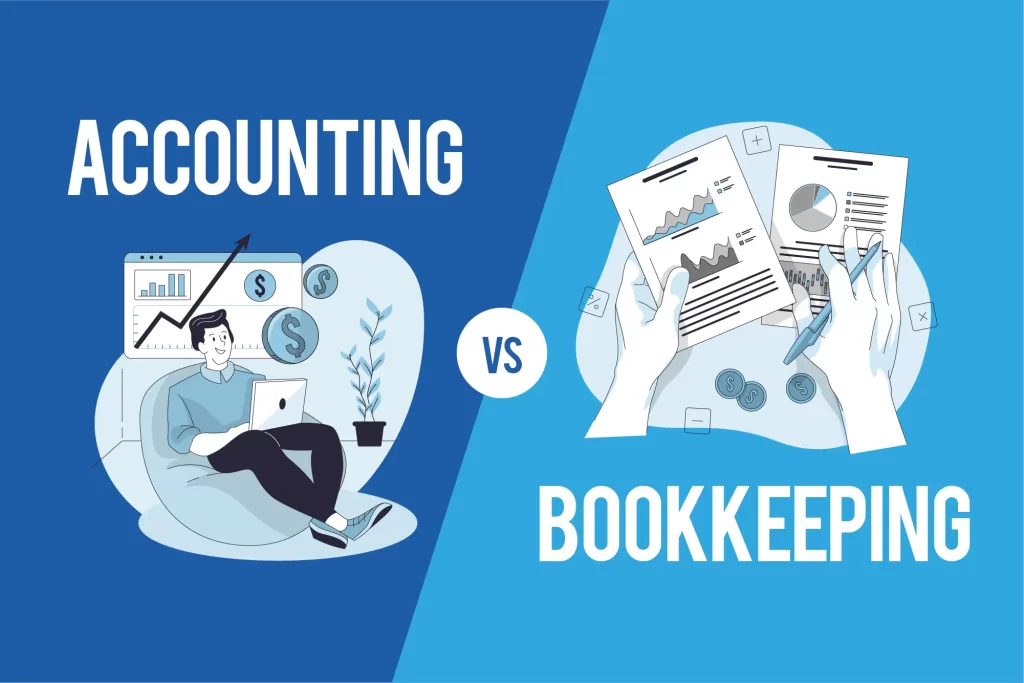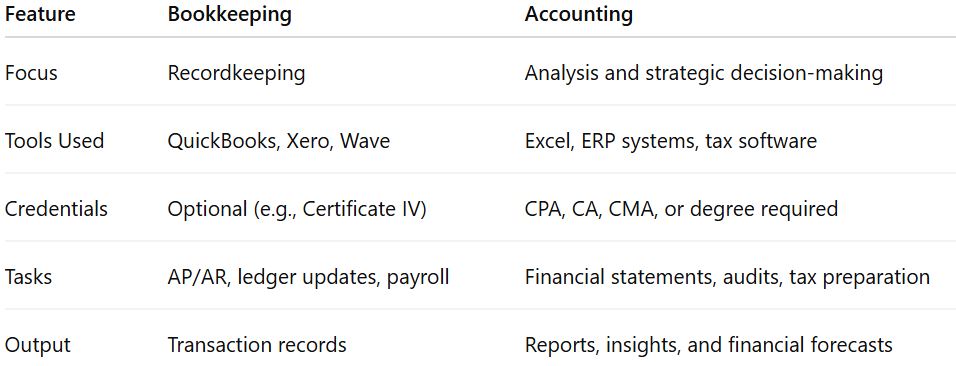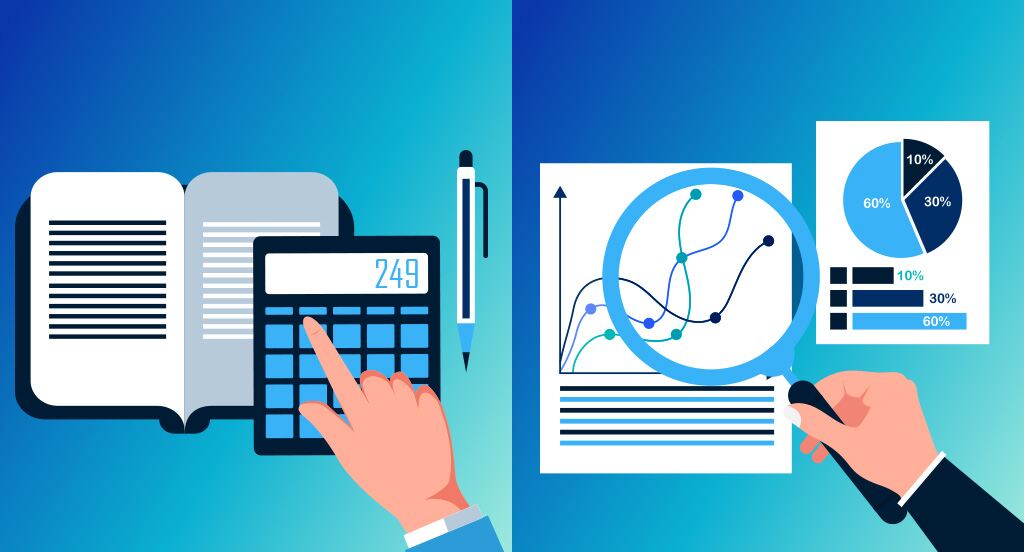Bookkeeping is the process of recording daily financial transactions like sales, purchases, and payments. Accounting, on the other hand, interprets, analyses, and reports that data to provide insights and support strategic financial decisions.
What Is the Difference Between Bookkeeping and Accounting?

Right off the bat—bookkeeping is about recording numbers, while accounting is about understanding them. Bookkeepers keep track of the financial activity; accountants make sense of the data to help you make smart decisions.
Understanding the difference between these two roles is crucial for anyone managing a business, whether you’re a sole trader, startup founder, or growing company. You might also be wondering, do you need to hire bookkeeper or accountant? At Careers Collectiv, we train professionals and entrepreneurs to understand these financial fundamentals so they can build smarter, stronger businesses.
Understanding Bookkeeping and Accounting (Core Overview)

Bookkeeping is the foundational process of recording financial transactions. It includes tasks like:
- Logging sales, receipts, and payments
- Updating general ledgers
- Managing accounts payable and receivable
Accounting, on the other hand, involves:
- Summarising, interpreting, and analysing financial records
- Preparing tax documents and financial statements
- Advising on budgets, forecasts, and strategy
Both are essential for solid financial management.
Why it matters:
- Bookkeeping gives you a clear record of daily business activity
- Accounting provides insights that influence growth and compliance
Background of Bookkeeping and Accounting

The roots of bookkeeping trace back to the double-entry system, first documented in 1494 by Luca Pacioli, often called the “Father of Accounting.”
Key historical developments:
- Bookkeeping started as manual ledger-keeping for merchants
- Accounting evolved with taxation laws, business complexity, and the need for audits
Milestones in accounting:
- Introduction of GAAP (Generally Accepted Accounting Principles)
- Rise of regulations and global standards like IFRS
While bookkeeping has always focused on tracking daily financial transactions, accounting adapted to provide strategic oversight and guide decision-making. This evolution makes it important to understand supporting processes—like reconciliation. Many ask, what does reconcile mean in bookkeeping? It refers to the process of comparing financial records, such as the company’s ledger, with external documents like bank statements to ensure everything matches. This step is crucial for maintaining accuracy, spotting discrepancies early, and building reliable financial reports.
Bookkeeper vs. Accountant: What They Actually Do

Day-to-Day Responsibilities
Bookkeepers handle:
- Data entry
- Bank reconciliations
- Managing invoices and bills
- Payroll and expense tracking
Accountants handle:
- Preparing tax returns
- Conducting audits
- Financial forecasting
- Creating income statements, balance sheets
Skills and Tools Used
Bookkeepers often use tools like:
- QuickBooks
- Xero
- Wave
Skills needed: attention to detail, data accuracy, basic financial knowledge
Accountants use tools like:
- Microsoft Excel
- SAP, Oracle, or other ERP systems
Skills needed: analysis, tax law knowledge, strategic thinking
Bookkeeping vs Accounting: Key Differences (Side-by-Side Comparison)

Do You Need a Bookkeeper or an Accountant?

Here’s how to decide:
- Startup with minimal transactions → Bookkeeper is enough
- Scaling business needing tax compliance and strategic advice → Accountant is key
- Established business → You likely need both
Use-cases:
- Bookkeeper manages day-to-day while accountant handles year-end tax filing
- Accountant consults on business expansion while bookkeeper maintains transaction accuracy
Technology’s Impact on Bookkeeping and Accounting

The digital era changed the game.
Bookkeeping automation:
- Cloud-based software like QuickBooks and Xero streamline data entry
- Payroll tools like Gusto or ADP integrate seamlessly
Accounting innovation:
- Tools like Sage, FreshBooks, and MYOB offer forecasting and budget tools
- AI now helps identify patterns and red flags in financial data
Benefits:
- Real-time reporting
- Cloud access from anywhere
- Reduced manual errors
Global and Industry-Specific Differences

Accounting and bookkeeping aren’t the same everywhere.
Global nuances:
- U.S. follows GAAP
- UK uses UK GAAP and FRS
- Australia adheres to AASB and IFRS
Industry differences:
- Retail relies heavily on inventory reconciliation
- Healthcare tracks billing and insurance claims
- Construction requires job costing and project-specific tracking
Career Paths: Bookkeeper to Accountant

Yes, you can start as a bookkeeper and become an accountant.
If you’re wondering how to learn bookkeeping without an accounting degree, it’s very possible by following a structured path and gaining the right experience along the way.
Steps:
Earn a Certificate in Bookkeeping
(Many certification programs are perfect for those exploring how to learn bookkeeping without an accounting degree.)Gain experience managing records
(Hands-on work is essential and can often substitute for formal education at the early stages.)Pursue a Bachelor’s degree in Accounting
(While you can start without it, advancing to accountant roles usually requires a degree.)Take the CPA exam or equivalent credential
(Certification solidifies your transition from bookkeeping to professional accounting.)
Career trajectory:
Entry-level bookkeeper
Senior bookkeeper or accounting assistant
Junior accountant
Financial analyst or CPA
Common Misconceptions
Bookkeepers are just data entry clerks
False. Bookkeepers are vital for daily accuracy and organisation.
One person can do both roles effectively
It’s rare. Most professionals specialise in one or the other for quality assurance.
Only big companies need accountants
Wrong. Even small businesses benefit from financial strategy.
Bookkeeper and Accountant Collaboration: How They Work Together

Here’s the typical workflow:
- Bookkeeper compiles and categorises financial data
- Accountant reviews, interprets, and uses it to generate reports
Why collaboration matters:
- Reduces errors and duplication
- Speeds up financial reporting
- Ensures consistent, audit-ready records
Think of it as raw data + expert analysis = smart business decisions.
Can one person do both roles?
Sometimes, but rarely with the same depth of expertise in both.
How much do they charge?
Bookkeepers: $30–$80/hour
Accountants: $100–$300/hour depending on service
Which is better for a small business?
Start with a bookkeeper. Add an accountant as your business grows.
Still Confused? Let Us Help You Decide
At Careers Collectiv, we specialise in helping businesses and professionals understand where their needs fall.
- Need clean, daily records? → Hire a bookkeeper
- Need strategic advice or tax prep? → Bring in an accountant
- Want to be both? → Learn our online bookkeeping course and start training today.
The right financial support can make or break your success. Don’t guess. Choose the right role confidently.